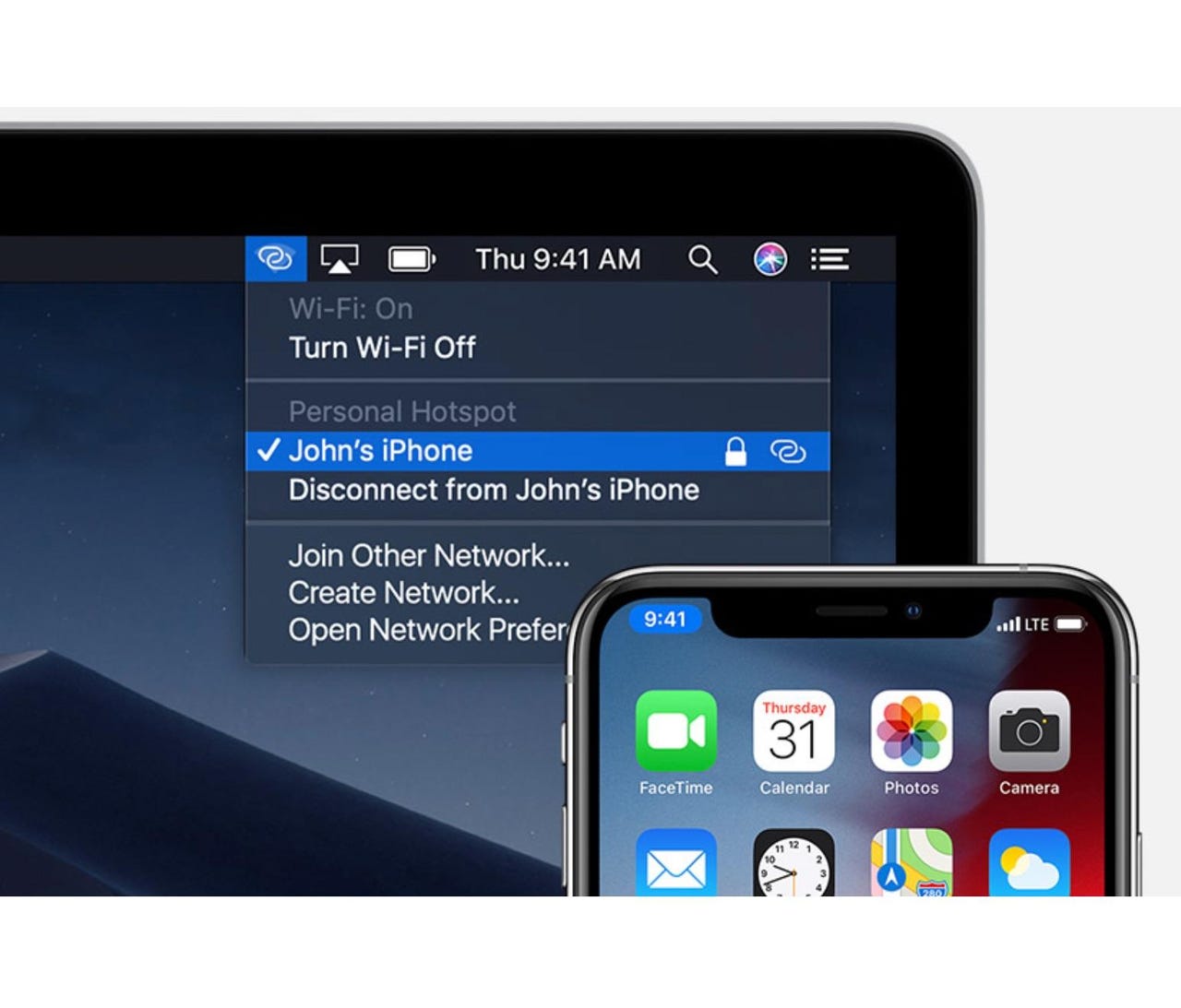
Personal Hotspot is one of those iPhone features that I use a lot. And on the whole, it’s been quite reliable. However, over the past few days, I’ve had problems getting my MacBook Pro to connect.
I could see my iPhone, and I could connect to it, but it took multiple connections and disconnections to give me access to the internet. And even then, it would annoyingly drop the connection at the worst time, like when I was using Zoom.
Also: Apple’s M3, M3 Pro, and M3 Max chipsets: Everything you need to know
Needless to say, this was annoying, and it sent me on a long journey to find a solution. And it turns out the solution is pretty simple.
First off, there are a lot of “solutions” for this problem out there on the internet. I tried dozens of them, and none of them worked. I was confident that the issue was related to my Mac and not my iPhone because other devices had no problem connecting to the iPhone. And I wasn’t willing to wipe my Mac and iPhone because that’s a rather drastic step to take.
Also: The best VPN services (and how to choose the right one for you)
I won’t bore you with the myriad of failed attempts, but here’s the solution that worked for me.
While I was poking around in the MacOS Wi-Fi panel in the list of Known Networks — to get to this point, click on the System Settings icon, then on Network followed by Wi-Fi, scroll to the bottom of the pane, and click Advanced — I noticed that in the list of Known Networks there was an entry with my iPhone’s name.
That didn’t seem right to me, so I deleted the entry by clicking on the three dots next to it and choosing Remove From List.
A simple fix for an annoying problem. Screenshot by Adrian Kingsley-Hughes/ZDNET
After my fix, my Personal Hotspot started working immediately, and has worked fine since.
I went back to this list and cleared out a few years’ worth of network detritus from the listing, including old networks, networks at cafes in foreign countries, old Airbnb networks, and test networks. I don’t think that effort achieved much, but the listing is now a lot cleaner to parse.

